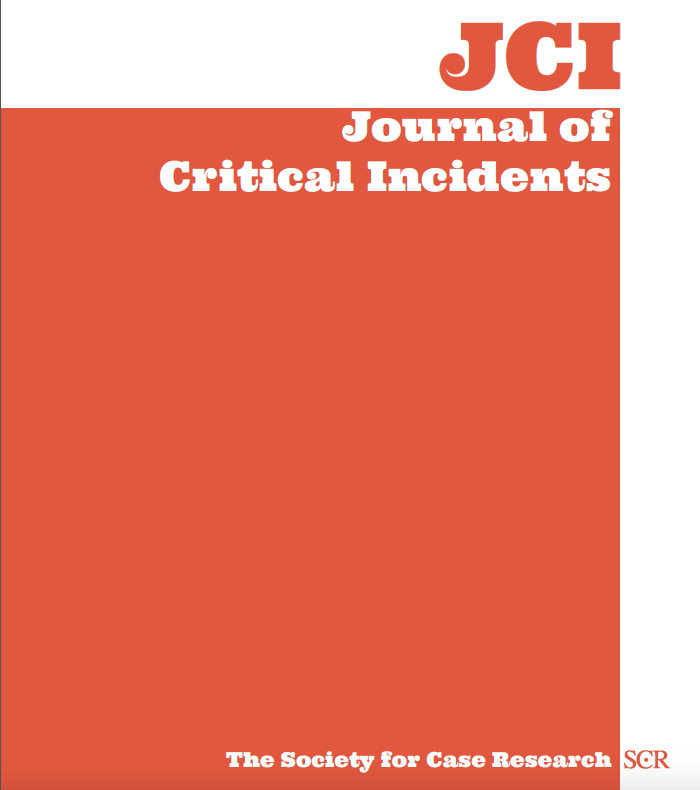Hidden Costs in City Planning: Street Renaming in Providence, Rhode Island

Providence, RI had a 1,980-street municipal grid, wherein 75 street names were identified as nonunique, having one or more similar sounding or duplicated matches in the metropolitan area. This spelled disaster for Providence’s emergency response services as well as its in-home nurses, taxi cabs, and tow trucks. Providence was the combination of several small colonial towns that grew together over time. Each town had its own set of street names, which were not reconciled upon merging into present-day Providence. After years of confusion, Providence had enacted a plan to identify and rename similar-sounding streets. Businesses and residents of the affected streets, however, faced extra costs and challenges if they were forced to adopt a new address. As such, Providence’s city planners were left with a difficult choice when deciding which of two similarsounding streets was to be renamed. How could decision makers ethically choose who gets to keep their original address and who must change?
- Examine decision-making criteria for a predefined problem-solving situation.
- Evaluate the relative importance of decision-making criteria in a predefined problem-solving situation.
- Design a decision-making framework appropriate for the situation.
